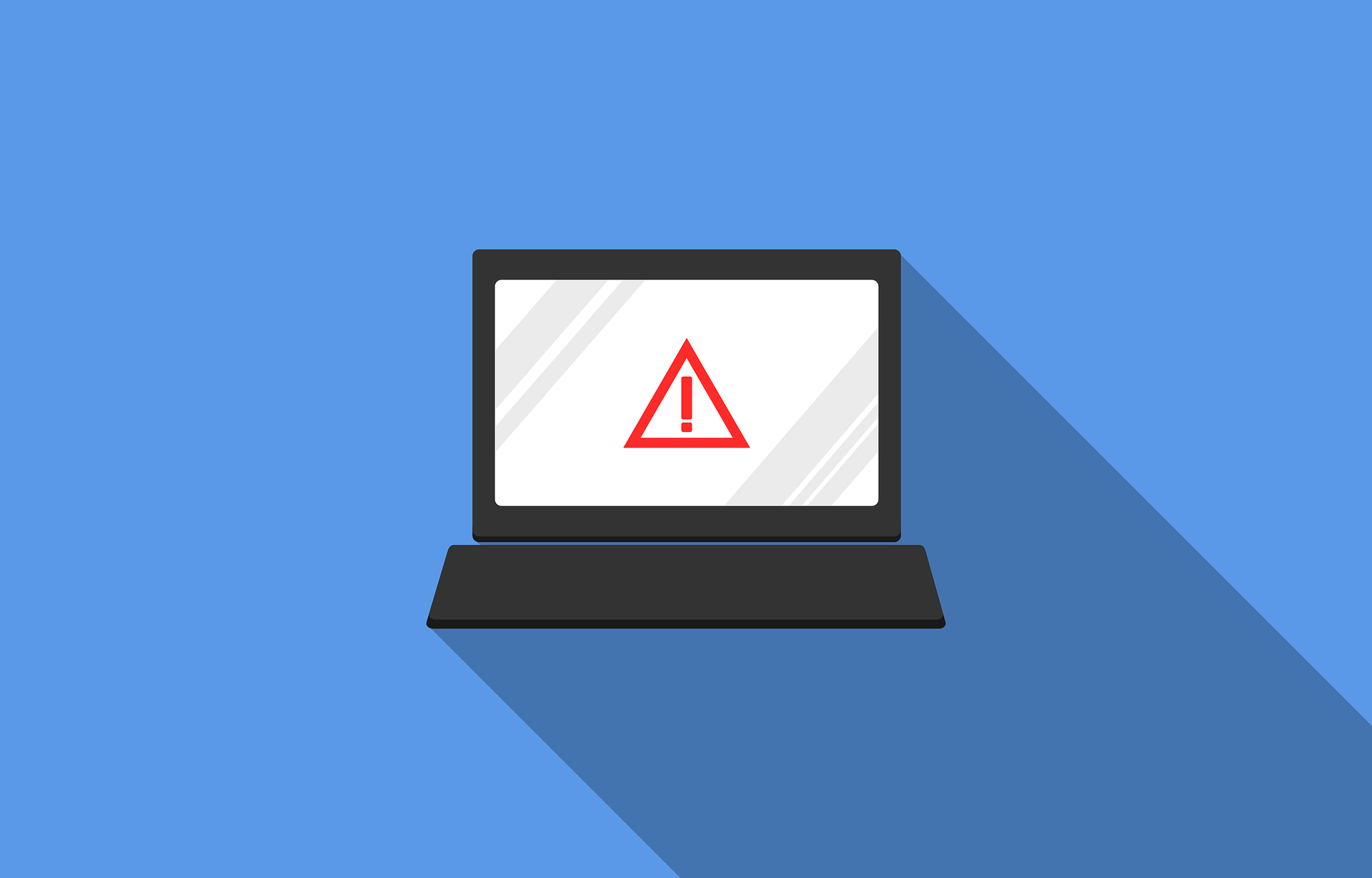Every business needs to cultivate third-party relationships in order to survive and thrive. These vendor relationships could be with manufacturers to obtain inventory or distributors to get inventory to market. Or, you might work with third-party vendors for any number of business purposes, like marketing and graphic design.
All of these vendor relationships pose a certain level of risk to your organization. There’s no getting around the fact that sometimes, a vendor will drop the ball. Maybe it won’t even be their fault — no one can predict the next natural disaster — but that doesn’t mean you don’t need to be prepared for it. By managing third-party risk appropriately, you can forestall many of the predictable risks that plague vendor relationships, like data and security breaches.
A Single Risk Management Assessment Isn’t Enough
These days, it’s just not enough to do your due diligence once and trust a vendor to be on the up and up throughout the rest of your relationship. In today’s landscape, security risks can evolve quickly, and you need to maintain continuous monitoring of vendor risk to identify data breaches and other risks as they appear.
The risk of a vendor-related data breach alone is enormous. Forty-four percent of significant data breaches are caused by a vendor, whether as a result of human error, malware, or stolen passwords. And a mere 15 percent of firms report having been notified by a vendor that a breach has occurred.
So you may not be able to trust a vendor to keep you up to date on vendor risks. You need to rely on yourself to monitor for all kinds of risks in your vendor relationships.
Vendor Risks Take Many Forms
To put together a successful third-party risk management program, you need to understand the many forms that vendor risk can take. If a vendor is supplying services or technology that is central to your business, you could face an operational risk if those services are interrupted. For example, if a cyber attack shuts down an SaaS service your company relies on, business could grind to a halt until it is returned. You risk losing money for the hours or days you can’t operate as a result. How are your vendor’s cyber security protocols?
Of course, data breaches and cyber attacks aren’t the only third-party risks your company could face. Your organization could suffer reputational damage if, for example, it’s discovered that one of your third-party vendors has poor environmental practices or a poor social justice record. You could face strategic risks if you and your vendors aren’t collaborating seamlessly toward a common goal.
When vendors have a direct impact on your revenue, you could take a financial hit if they fail to hold up their contractual obligations. Supply chain issues, insolvency, and even staffing problems can all contribute to these kinds of risks. Sometimes, vendors may experience setbacks that impact both of you financially, like extreme weather events or disease outbreaks. Even vendor systems that are used to track your company’s sales could create security risks for your organization.
Compliance risk is another biggie for many organizations operating under strict regulatory guidance. If a vendor doesn’t comply with applicable regulations, your company could be held just as responsible as if you’d broken the rules yourselves. In situations where regulatory requirements are a factor, it’s vital to not only assess a vendor’s compliance protocols prior to onboarding, but to monitor them with close oversight throughout the vendor relationship.
Third-party risk management can make or break your business, because it can be what protects you from that devastating data breach or regulatory nightmare — or not. With the right vendor risk management tools and strategies in place, you can make the most of your third-party relationships, and work together with your vendors to mitigate risks and meet common goals.

